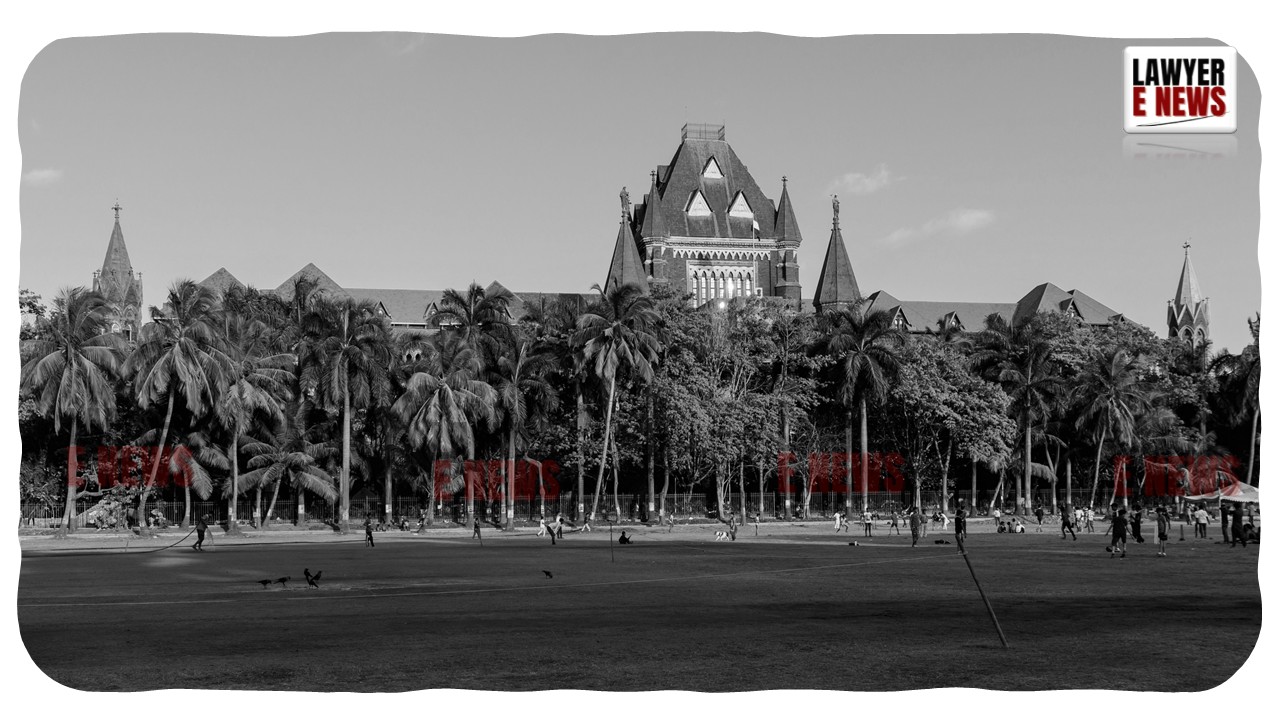-
by Admin
15 February 2026 5:35 AM



Governor's Role Under Article 171 is Limited and Recommendations Are Revocable - Bombay High Court dismissed a Public Interest Litigation challenging the withdrawal of the Maharashtra Cabinet’s recommendations for nominating 12 members to the Maharashtra Legislative Council under Article 171(3)(e) of the Constitution of India.
The petitioner, Mr. Sunil Modi, sought to quash the Cabinet's subsequent decision to withdraw the recommendations made on November 6, 2020. He also prayed for directions to the Governor of Maharashtra to either act upon the earlier recommendations or return them with reasons.
The Court dismissed the PIL, ruling that the Council of Ministers was competent to withdraw the recommendations, and no enforceable rights accrued to the individuals recommended for nomination until the process was finalized through an official notification under Article 166.
The Court examined whether the Council of Ministers had the constitutional authority to withdraw its earlier recommendations made to the Governor on November 6, 2020.
“Since no decision was taken by the Governor on the recommendations, and no notification was issued under Article 166, the recommendations remained tentative and revocable. It was well within the constitutional authority of the Cabinet to withdraw the recommendations.”
Citing the Supreme Court’s decision in State of Kerala v. Smt. A. Lakshmikutty & Ors., (1986) SCC 632, the Court emphasized that until the Governor acts on the recommendations and a formal notification is issued under Article 166, the Cabinet retains the power to reconsider and withdraw its advice.
The petitioner argued that the Governor acted contrary to the Constitution by not taking a decision on the November 6, 2020 recommendations for an extended period and then acting upon the Cabinet’s subsequent decision to withdraw the recommendations on August 10, 2022.
The Court clarified that while the Governor exercises limited discretion under Article 171(3)(e), such discretion must be exercised only when valid recommendations are pending. The Court stated:
“Once the Council of Ministers withdrew the earlier recommendations, no binding advice was pending before the Governor. The subsequent Cabinet decision precluded further action on the earlier recommendations.”
The judgment reiterated the limited role of the Governor in such matters, stating that the Governor is bound by the advice of the Council of Ministers unless exceptional circumstances arise.
The Court further held that the November 6, 2020 recommendations did not create any enforceable rights for the individuals named in the list. The Court explained:
“The recommendations by the Council of Ministers were merely interim in nature. Until the Governor acts on them and a notification is issued under Article 166, no legal or constitutional rights accrue to the individuals recommended for nomination.”
The Court dismissed the petitioner’s argument that the recommendations became final by virtue of the delay in the Governor’s decision.
The petitioner also sought a direction to the Governor to either act upon the recommendations or return them with reasons.
“Under Article 361, the Governor enjoys immunity from being answerable to any court for the exercise of powers and duties of his office. As a result, no direction can be issued to the Governor to act on the withdrawn recommendations.”
The Court further emphasized that such a prayer was rendered infructuous since the recommendations had already been withdrawn by the Cabinet through a valid process.
The Court provided a detailed analysis of the procedural and constitutional validity of the withdrawal of the November 6, 2020 recommendations by the Cabinet’s subsequent decision on August 10, 2022.
The Court held that the recommendations were not finalized as the Governor had not acted upon them, and no formal notification had been issued under Article 166. The recommendations, therefore, remained interim and revocable. It was within the Cabinet’s authority to reconsider and withdraw the recommendations.
“The process initiated with the recommendations made and advice tendered by the Council of Ministers on November 6, 2020, could not reach its final destination. Accordingly, in the midst of such a decision-making process, it was well within the authority of the Council of Ministers to withdraw the earlier recommendations.”
The Court also emphasized that the Governor could not act on withdrawn advice, as there was no pending recommendation before him following the Cabinet’s subsequent decision.
Cabinet's Withdrawal of Recommendations Valid: The withdrawal of the November 6, 2020 recommendations by the subsequent Cabinet decision dated August 10, 2022 was constitutionally valid.
Governor’s Role Limited: Since the recommendations had been withdrawn, there was no advice pending with the Governor to act upon.
No Directions to the Governor: The Court declined to issue any directions to the Governor in light of Article 361.
“For the reasons discussed, we find the PIL petition to be misconceived and liable to be dismissed. Resultantly, the PIL Petition is hereby dismissed with no order as to costs.”
This judgment reaffirms the limited role of the Governor in nominations to the Legislative Council under Article 171(3)(e) and upholds the authority of the Cabinet to reconsider and withdraw its advice. By clarifying the procedural requirements under Articles 163 and 166, the Court has provided a framework for future disputes involving nominations and executive advice.
Date of Decision: January 9, 2025
